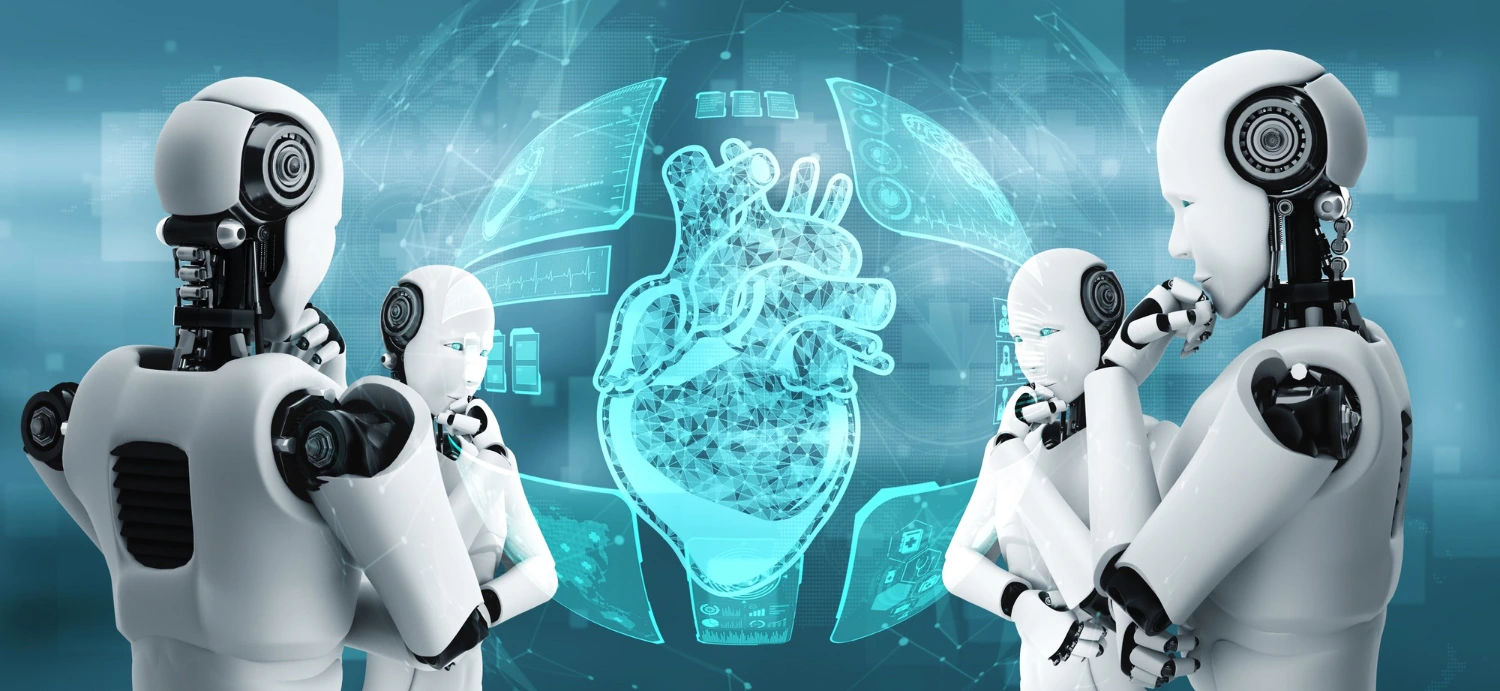Table of Contents
- Precision and Reliability in Manufacturing
- Scalability to Meet Growing Demand
- Quality Assurance with AI and Robotics
- Challenges and Opportunities
- The Road Ahead
Artificial intelligence (AI) and robotics have revolutionized cardiovascular device manufacturing, significantly enhancing precision and scalability. For critical medical tools such as stents and catheters, these technologies ensure unmatched accuracy while addressing the growing demand for such devices in India, where cardiovascular diseases account for 28% of total deaths annually.
Precision and Reliability in Manufacturing
Cardiovascular devices require exceptional precision due to their application in life-saving interventions. AI and robotics play a vital role in achieving this:
- Microscopic Accuracy: Robotic systems precisely control stent coating and catheter assembly, ensuring uniformity and reliability.
- Real-Time Monitoring: AI systems monitor production parameters like temperature and pressure, maintaining optimal conditions.
- Defect Detection: Machine learning algorithms analyze production data to detect and predict potential flaws, minimizing waste and ensuring compliance.
Scalability to Meet Growing Demand
The demand for cardiovascular devices is rapidly increasing, particularly in India, which is expected to witness a 15% annual growth in the medical device sector. AI and robotics provide the flexibility to scale production while maintaining quality:
- Accelerated Production Cycles: Automated assembly lines can produce devices significantly faster than manual processes.
- Dynamic Adaptability: AI systems optimize production schedules, minimizing downtime during demand surges.
- Cost Efficiency: Automation reduces operational costs while maintaining stringent quality standards, making devices more accessible.
Quality Assurance with AI and Robotics
Ensuring product quality is critical in cardiovascular device manufacturing. AI-driven systems enhance quality assurance in the following ways:
- Automated Testing: Robotic systems equipped with imaging technologies perform detailed inspections of devices, identifying flaws with high accuracy.
- Traceability: AI maintains detailed logs of every production step, ensuring compliance with Indian regulatory standards.
- Predictive Maintenance: AI predicts equipment failures before they occur, preventing costly production halts.
These capabilities align with India’s stringent regulatory framework under the Central Drugs Standard Control Organization (CDSCO), ensuring safety and reliability.
Challenges and Opportunities
While AI and robotics bring significant benefits, challenges persist:
- Initial Investment: The upfront cost of implementing these technologies can be high.
- Skill Gaps: Operating advanced machinery requires specialized training.
However, government initiatives such as Make in India and support for local medical device production create opportunities for manufacturers to adopt automation technologies.
The Road Ahead
AI and robotics are set to redefine cardiovascular device manufacturing in India. Future advancements, such as collaborative robots (cobots) and AI-powered analytics, promise to enhance precision and efficiency further. As manufacturers continue to integrate these technologies, they will play a crucial role in meeting the healthcare demands of India’s growing population while maintaining global standards of excellence.

